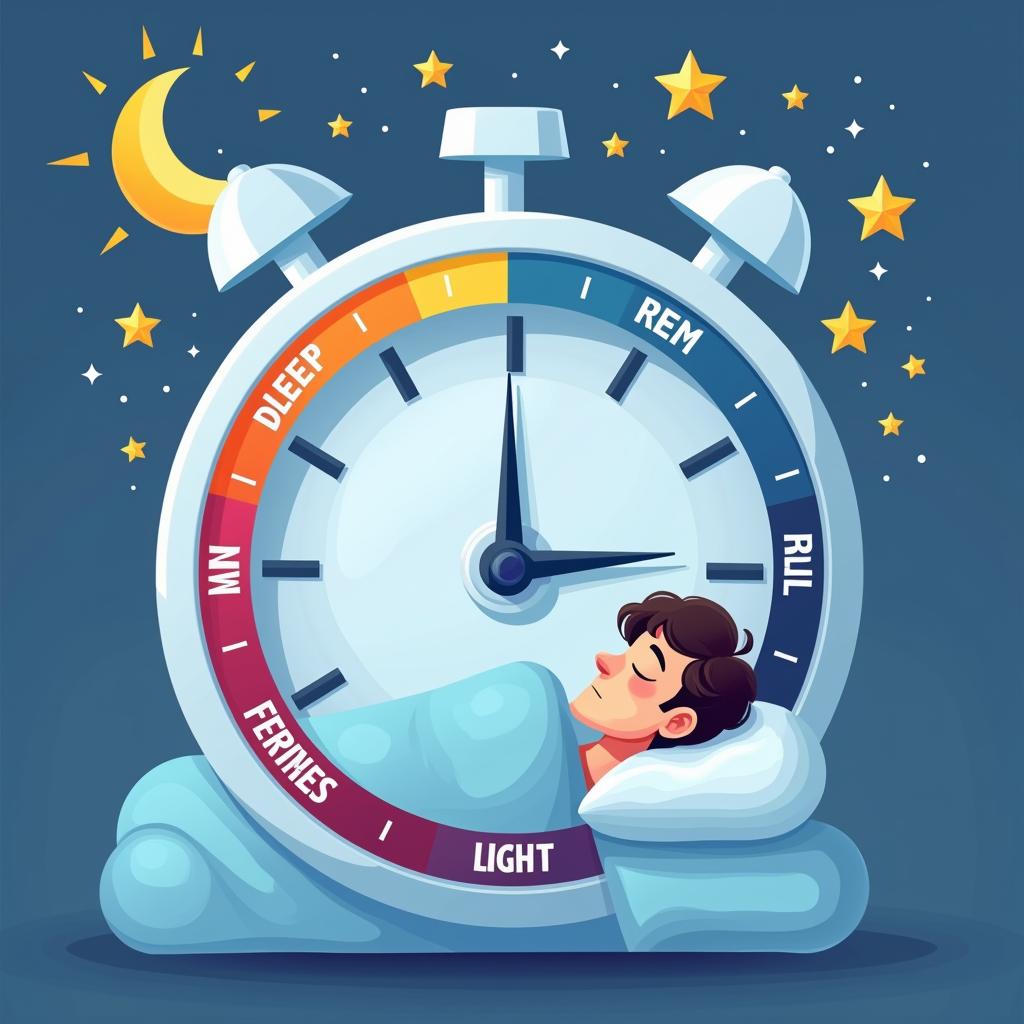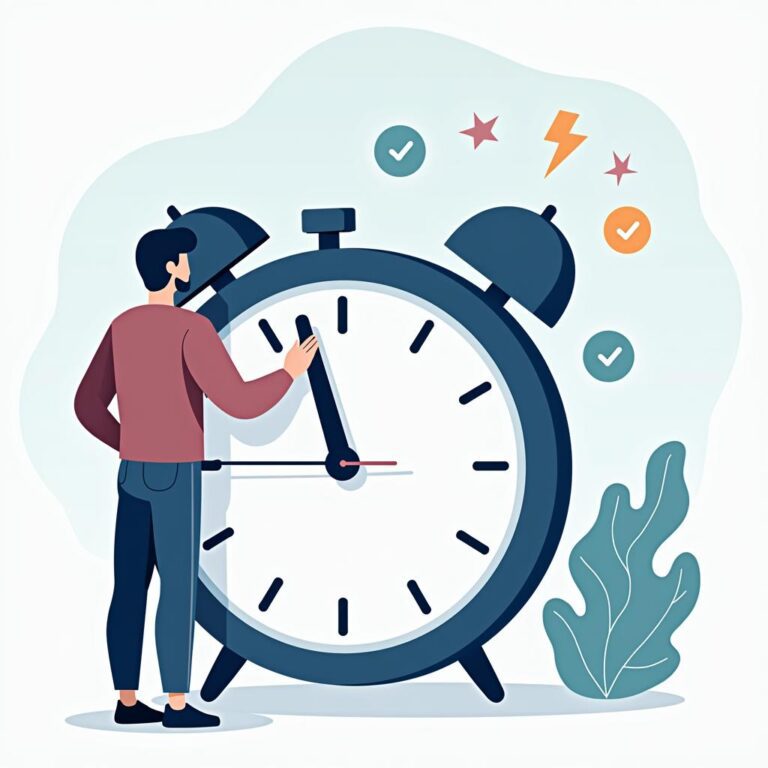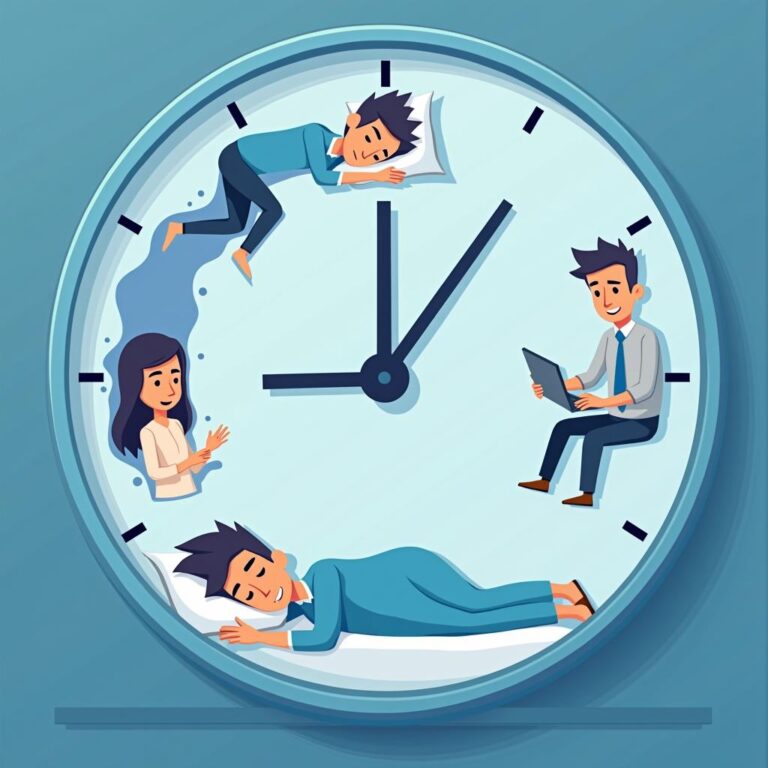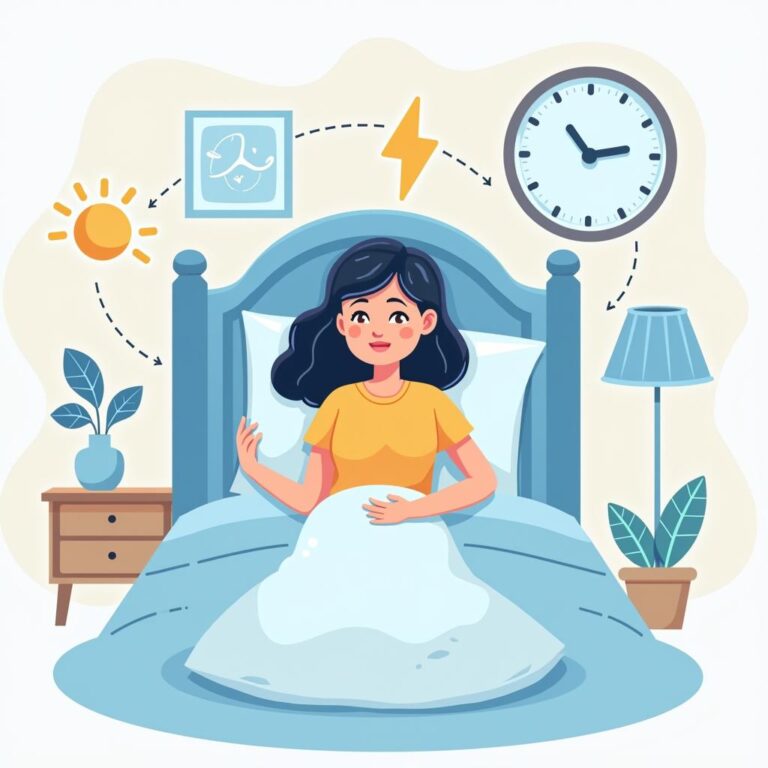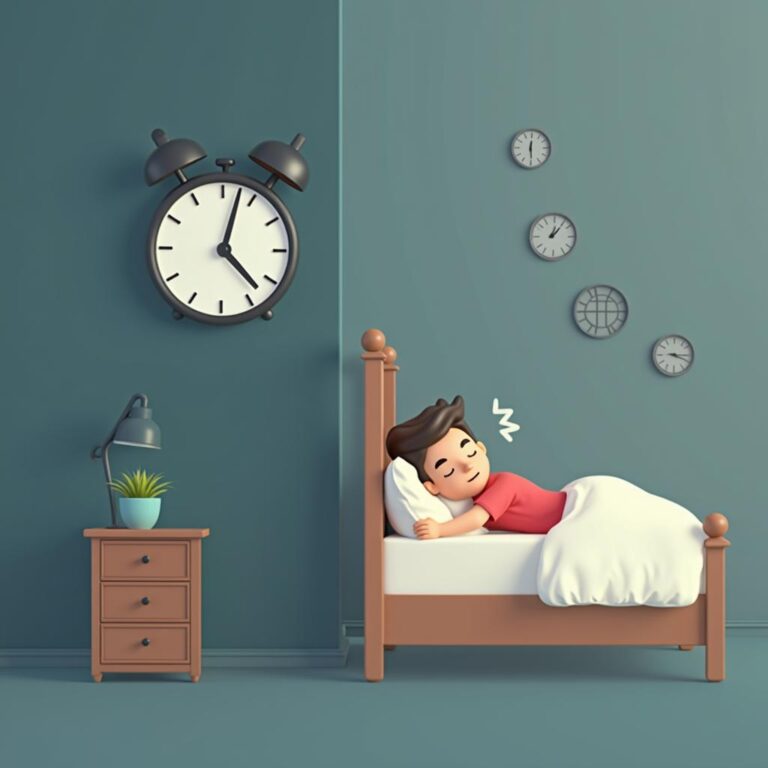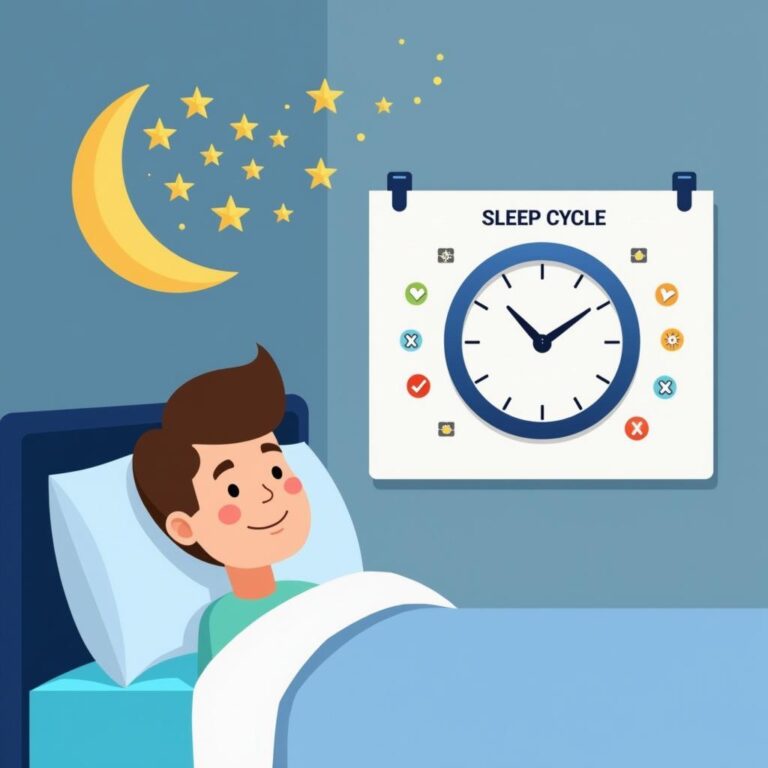Getting a good night’s sleep is essential for anyone looking to perform at their best, whether mentally, physically, or emotionally. This article will provide detailed insights on how to regulate your sleep cycles for peak performance, enabling you to harness the power of sleep for improved focus, energy, and productivity.
Understanding Sleep Cycles
To effectively regulate your sleep cycles, it’s crucial to understand what they are. Sleep consists of several stages that occur in cycles, typically lasting about 90 minutes. These stages include:
- Stage 1: Light sleep, where you drift in and out of sleep.
- Stage 2: The onset of true sleep, characterized by slower brain waves and a drop in body temperature.
- Stage 3: Deep sleep, which is vital for physical recovery and growth.
- REM Sleep: Rapid Eye Movement sleep, essential for memory consolidation and emotional processing.
Each of these stages plays a critical role in overall well-being. Thus, an understanding of how to regulate these stages can significantly affect peak performance.
The Importance of Consistency
Consistency in your sleep schedule is one of the most effective methods to regulate your sleep cycles. Here are some strategies to achieve consistency:
- Set a Regular Sleep Schedule: Go to bed and wake up at the same time every day, even on weekends. This helps reinforce your body’s internal clock.
- Avoid Long Naps: While short naps can be beneficial, prolonged daytime sleep can disrupt nighttime patterns.
- Create a Pre-Sleep Routine: Engage in calming activities before bed, like reading or taking a warm bath to signal your body it’s time to wind down.
Utilizing Sleep Hygiene Practices
Good sleep hygiene promotes better sleep quality, helping regulate your sleep cycles. Here are some essential practices:
- Optimize Your Sleep Environment: Make sure your bedroom is dark, cool, and quiet. Consider using blackout curtains and white noise machines if necessary.
- Limit Exposure to Screens: Reduce screen time at least an hour before bed, as the blue light emitted by devices can interfere with melatonin production.
- Watch Your Diet: Avoid heavy meals, caffeine, and alcohol close to bedtime. These can disrupt sleep quality and cycles.
Incorporating Physical Activity
Regular physical activity can significantly enhance sleep quality. Here’s how exercise impacts sleep:
- Promotes Sleep Onset: Engaging in physical activity can help you fall asleep faster.
- Enhances Sleep Quality: Exercise increases the amount of deep sleep you get, which is crucial for recovery and rejuvenation.
- Reduces Stress and Anxiety: Physical activity acts as a natural stress reliever, allowing for a more restful night.
However, avoid vigorous exercise too close to bedtime, as it may lead to increased alertness.
The Role of Light Exposure
Light has a powerful effect on your sleep cycles. Proper management of light exposure can help regulate your body’s circadian rhythms:
- Natural Light During the Day: Expose yourself to bright light during the day, especially in the morning. This helps to set your internal clock, promoting alertness during the day and restful sleep at night.
- Avoid Light at Night: Keep your environment dim and peaceful during the evening to signal your brain that it’s time to wind down.
Monitoring Sleep Patterns
Tracking your sleep patterns can provide insights into your sleep quality. Employ these methods to better understand your sleep:
- Sleep Diary: Keep a log of your sleeping habits, noting times you go to bed, wake up, and any disturbances.
- Sleep Tracking Devices: Utilize wearable technology that tracks not only how long you sleep but also the quality and stages of your sleep.
Analyzing this data can help you identify patterns and suggest areas for improvement in your sleep routine.
Utilizing Relaxation Techniques
Incorporating relaxation techniques into your bedtime routine can ease the transition to sleep. Here are some strategies:
- Mindfulness Meditation: Practicing mindfulness can reduce anxiety and improve mental clarity, making it easier to settle into a sleep cycle.
- Deep Breathing Exercises: Focused breathing can induce relaxation and lower heart rate, signaling to your body that it’s time to sleep.
- Gentle Yoga or Stretching: Light stretching can relieve tension and help you relax before bed.
Seeking Professional Help
If you have attempted to regulate your sleep cycles without success, it may be time to seek professional help. A sleep specialist can conduct assessments and provide tailored advice. Common sleep disorders include:
- Insomnia: Difficulty falling or staying asleep.
- Sleep Apnea: Breathing interruptions during sleep.
- Restless Leg Syndrome: Uncomfortable sensations in the legs that disrupt sleep.
Addressing these issues can significantly enhance your sleep quality, leading to better performance outcomes.
Conclusion
Learning how to regulate your sleep cycles for peak performance can profoundly affect your overall health and productivity. By establishing consistency in your sleep pattern, improving sleep hygiene, engaging in physical activity, managing light exposure, and considering relaxation techniques, you can pave the way for a better night’s sleep. With a commitment to these practices, you will experience the benefits of improved focus, energy, and emotional resilience.

